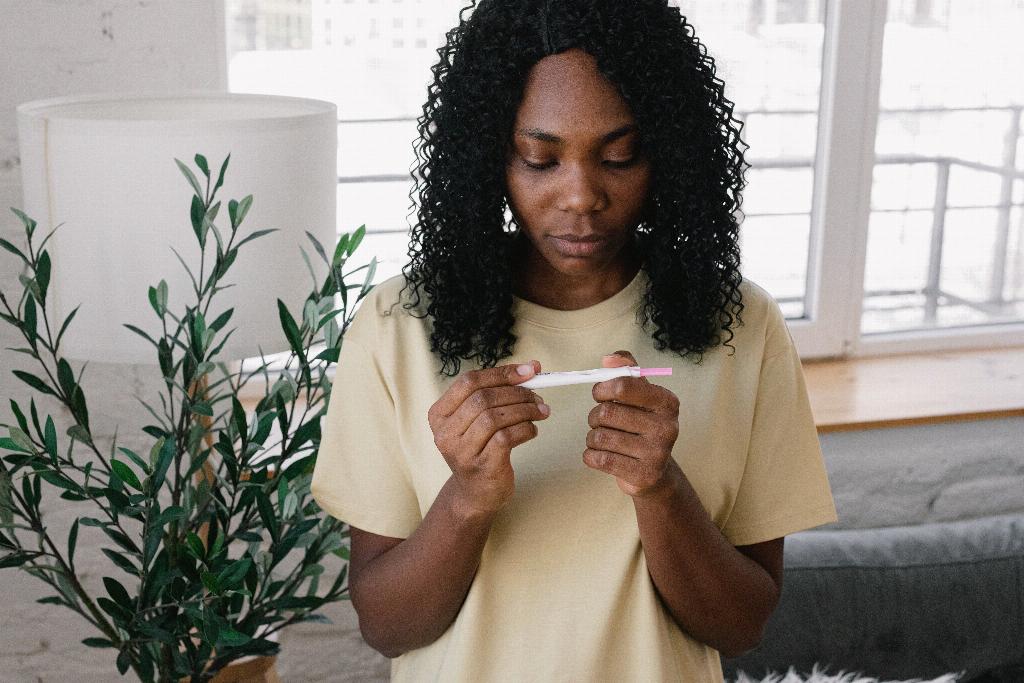During pregnancy, it’s crucial to pay attention to the types of foods you consume to ensure the health and well-being of both you and your developing baby. Dips can be a delicious addition to your diet, but it’s essential to make wise choices to avoid any potential risks. Let’s delve into whether dips are safe during pregnancy and explore some options that are considered safe to consume.
When it comes to choosing dips during pregnancy, opting for options made with hard cheeses or labneh, such as yogurt cheese, can be a good choice. These types of dips are generally safe to consume as they are made from pasteurized dairy products, reducing the risk of harmful bacteria that could potentially harm you or your baby.
Cream cheese is another safe option when it comes to dips during pregnancy. Cream cheese is typically made from pasteurized milk, making it a low-risk choice for pregnant women. Whether enjoyed on its own or as part of a delicious dip, cream cheese can add flavor and texture to your meals without compromising your health.
Yogurt-based dips like tzatziki can be a great addition to your pregnancy diet. Yogurt is a good source of calcium and probiotics, which are beneficial for both you and your baby. Tzatziki, a Mediterranean dip made with yogurt, cucumbers, and herbs, can provide a healthy and flavorful option for snacking or meal accompaniment during pregnancy.
Opting for olive oil-based dips like pesto can also be a safe choice during pregnancy. Pesto is typically made from ingredients such as basil, garlic, pine nuts, olive oil, and Parmesan cheese, all of which are considered safe to consume during pregnancy when prepared and handled properly.
While many pregnant women enjoy hummus as a dip, it’s important to note that certain store-bought varieties of hummus may pose a risk during pregnancy. Some brands of hummus may contain unpasteurized or undercooked ingredients, which can potentially harbor harmful bacteria like listeria. To err on the side of caution, it may be best to avoid hummus during pregnancy or opt for homemade versions using safe ingredients.
When it comes to dipping options, pairing your dips with vegetable sticks can add a nutritional boost to your snack or meal. Vegetables are rich in essential vitamins, minerals, and fiber, making them an excellent choice for pregnant women looking to maintain a balanced and healthy diet.
Nuts can also be a nutritious accompaniment to your dips during pregnancy. Packed with healthy fats, protein, and essential nutrients, nuts like almonds, walnuts, and cashews can provide a satisfying crunch and a dose of nutrition to your snack time.
Dried fruits can add a touch of sweetness to your dip experience while offering natural sugars, vitamins, and minerals. Whether you enjoy dried apricots, raisins, or figs, incorporating dried fruits into your snack rotation can provide a delicious and nutritious alternative to sugary treats.
Wholegrain crackers can be a great vehicle for enjoying your favorite dips during pregnancy. Opting for wholegrain varieties can provide a good source of fiber, B vitamins, and minerals, helping you feel satisfied and energized throughout the day.
In conclusion, dips can be a safe and delicious addition to your pregnancy diet when chosen wisely. By selecting dips made with pasteurized dairy products, safe ingredients, and pairing them with nutritious accompaniments like vegetables, nuts, dried fruits, and wholegrain crackers, you can enjoy a flavorful and satisfying snacking experience while prioritizing the health of you and your baby.

